Hormones & Peptides
Showing all 14 results
-
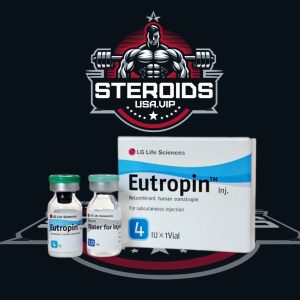
Eutropin 4IU
$60.50 Add to cart -
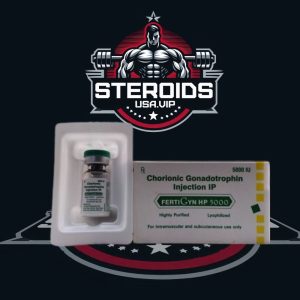
Fertigyn (Pregnyl)
$34.10 Add to cart -
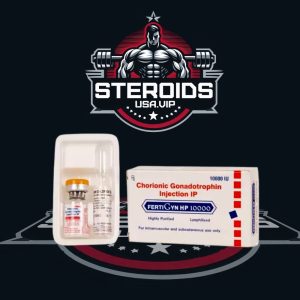
FERTIGYN HP 10000
$47.30 Add to cart -
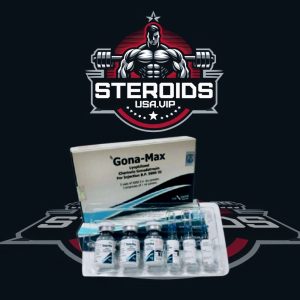
Gona-Max
$66.00 Add to cart -
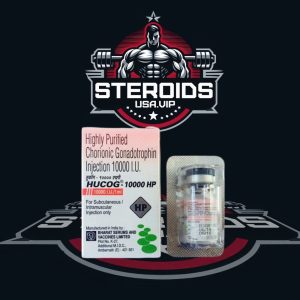
HCG 10000IU
$42.90 Add to cart -
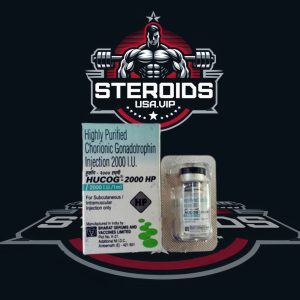
HCG 2000IU
$17.60 Add to cart -
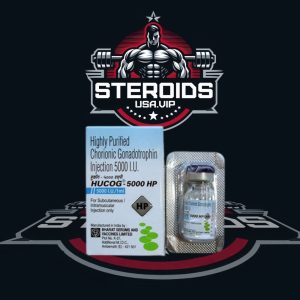
HCG 5000IU
$26.40 Add to cart -
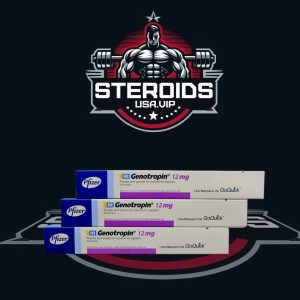
HGH 36IU
$605.00 Add to cart -
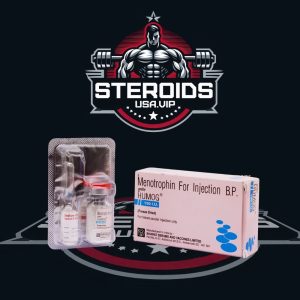
HMG 150IU (Humog 150)
$53.90 Add to cart -
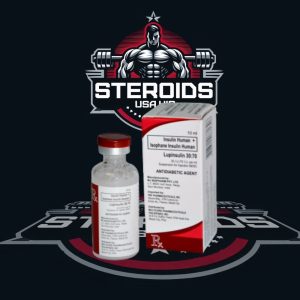
Insulin 100IU
$29.70 Add to cart -
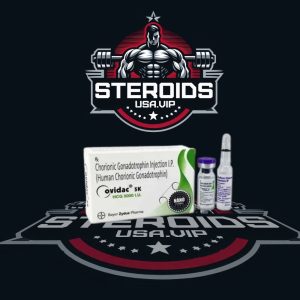
Ovidac 5000 IU
$42.90 Add to cart -
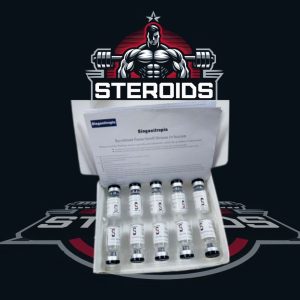
Singanitropin 100iu
$357.50 Add to cart -
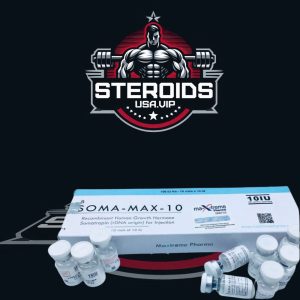
Soma-Max
$357.50 Add to cart -
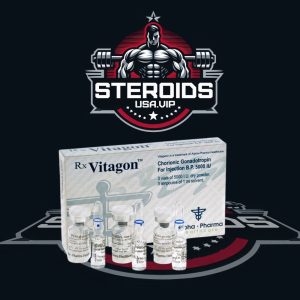
Vitagon
$55.00 Add to cart
Introduction
In the world of bodybuilding, maximizing muscle growth, strength, and recovery is key to achieving a sculpted and powerful physique. To achieve these goals, some athletes turn to a combination of steroids, hormones, and peptides to enhance their performance and accelerate results. These compounds are used strategically to manipulate muscle growth, fat loss, recovery, and overall performance. However, the use of these substances comes with significant risks and ethical concerns. In this article, we will explore the role of steroids, hormones, and peptides in bodybuilding, their benefits, risks, and alternatives.
What Are Steroids, Hormones, and Peptides?
In bodybuilding, steroids, hormones, and peptides refer to performance-enhancing compounds that have different mechanisms of action but often aim to achieve similar goals: muscle growth, fat loss, and recovery improvement. Here’s a breakdown:
- Steroids: Anabolic steroids are synthetic derivatives of testosterone that promote muscle growth and enhance athletic performance by increasing protein synthesis.
- Hormones: Hormones like Human Growth Hormone (HGH) and Insulin-like Growth Factor (IGF-1) play crucial roles in regulating muscle growth, fat metabolism, and overall body composition.
- Peptides: Peptides are short chains of amino acids that signal specific functions in the body, such as increasing the release of growth hormone, accelerating fat loss, or promoting muscle repair and recovery.
Types of Steroids, Hormones, and Peptides Used in Bodybuilding
Bodybuilders often use a combination of these compounds to achieve their desired physique. Here are some of the most common types used:
Steroids
- Testosterone (Cypionate, Enanthate): The foundational anabolic steroid, used for both bulking and cutting cycles to promote muscle growth and fat loss.
- Trenbolone: A powerful steroid known for its muscle-building and fat-burning capabilities, often used during cutting phases.
- Deca-Durabolin (Nandrolone): A popular bulking steroid that helps increase muscle mass and recovery, often combined with testosterone.
Hormones
- Human Growth Hormone (HGH): HGH promotes muscle growth, fat loss, and recovery by stimulating the production of IGF-1 and improving overall cell regeneration.
- Insulin-like Growth Factor (IGF-1): IGF-1 enhances muscle growth and recovery by stimulating the growth of new muscle fibers and aiding in tissue repair.
- Insulin: Some bodybuilders use insulin to enhance nutrient absorption and increase muscle fullness, although its use is highly risky.
Peptides
- GHRP-6 (Growth Hormone-Releasing Peptide-6): A peptide that stimulates the release of growth hormone, helping with fat loss and muscle growth.
- CJC-1295: A growth hormone-releasing hormone (GHRH) analog, used to increase HGH levels over a longer duration.
- IGF-1 LR3: A long-lasting version of IGF-1 that promotes muscle growth and recovery by stimulating muscle cells.
Benefits of Steroids, Hormones, and Peptides in Bodybuilding
The appeal of using steroids, hormones, and peptides in bodybuilding lies in the potential benefits they offer in terms of performance, physique enhancement, and recovery. Some key benefits include:
- Increased Muscle Growth: Steroids and growth hormones enhance protein synthesis, leading to faster and more significant muscle growth.
- Enhanced Fat Loss: Compounds like HGH and certain steroids help bodybuilders burn fat while maintaining muscle mass, resulting in a leaner physique.
- Improved Recovery: Peptides and hormones accelerate recovery times by promoting tissue repair, reducing muscle soreness, and improving overall workout performance.
- Greater Strength and Endurance: The use of these substances can lead to an increase in strength, allowing bodybuilders to lift heavier weights and perform more intense workouts.
Risks and Side Effects of Steroids, Hormones, and Peptides
While the benefits of using steroids, hormones, and peptides can be appealing, the risks are equally significant. Prolonged or improper use of these substances can lead to various health complications:
- Hormonal Imbalances: The use of steroids can suppress natural testosterone production, leading to conditions like gynecomastia, infertility, and testicular shrinkage.
- Liver Damage: Oral steroids are hepatotoxic and can cause liver strain or damage over time, especially with high doses.
- Cardiovascular Issues: Steroids and certain peptides can raise cholesterol levels, increase blood pressure, and elevate the risk of heart disease and stroke.
- Insulin Resistance: The use of insulin or HGH can lead to insulin resistance, increasing the risk of diabetes.
- Joint and Bone Problems: Improper use of HGH can lead to joint pain, fluid retention, and an increased risk of osteoporosis.
- Cancer Risk: Excessive use of growth hormones has been linked to an increased risk of certain cancers due to accelerated cell growth.
How Steroids, Hormones, and Peptides Are Used in Bodybuilding
In bodybuilding, the use of steroids, hormones, and peptides is often cycled or stacked to achieve the best results while minimizing side effects. Here’s a general overview of how they are used:
- Bulking Cycles: During bulking phases, bodybuilders use steroids like testosterone and Deca-Durabolin to promote mass gain. HGH and peptides are added to support muscle growth and recovery.
- Cutting Cycles: In cutting phases, bodybuilders focus on fat loss while preserving muscle mass by using compounds like Winstrol, Trenbolone, and peptides such as GHRP-6 to promote fat burning.
- Post-Cycle Therapy (PCT): After a steroid cycle, athletes often undergo PCT to restore natural hormone levels using anti-estrogens like Clomid or Nolvadex to combat testosterone suppression.
Legal Status of Steroids, Hormones, and Peptides
The legal status of steroids, hormones, and peptides varies by country. In the United States, anabolic steroids are classified as controlled substances and can only be prescribed for medical purposes. Hormones like HGH are also regulated and can only be obtained through a prescription. Peptides, while not as strictly regulated, are often available through research chemical suppliers, but their use for bodybuilding purposes may still be illegal. Bodybuilders should be aware of the legal risks and penalties associated with obtaining and using these substances without a prescription.
Natural Alternatives to Steroids, Hormones, and Peptides
Given the risks associated with performance-enhancing drugs, many bodybuilders are turning to natural alternatives to help them achieve their fitness goals. These alternatives include:
- Natural Testosterone Boosters: Supplements like Tribulus Terrestris, fenugreek, and D-aspartic acid help stimulate natural testosterone production.
- Legal Growth Hormone Boosters: Supplements like L-arginine and GABA help boost natural growth hormone levels without the need for synthetic HGH.
- Creatine: Creatine is one of the most well-researched and effective supplements for enhancing strength, muscle mass, and recovery, offering a safe alternative to steroids.
- Peptide Alternatives: Some companies market peptide alternatives that mimic the effects of growth hormone and IGF-1 without the risks associated with synthetic versions.
Conclusion
The use of steroids, hormones, and peptides in bodybuilding can offer significant advantages in terms of muscle growth, fat loss, and recovery. However, the risks associated with these compounds are equally substantial. From hormonal imbalances to liver and cardiovascular issues, the potential health risks should not be overlooked. Bodybuilders considering these substances should carefully weigh the pros and cons, understand the legal implications, and consider natural alternatives for achieving their fitness goals.